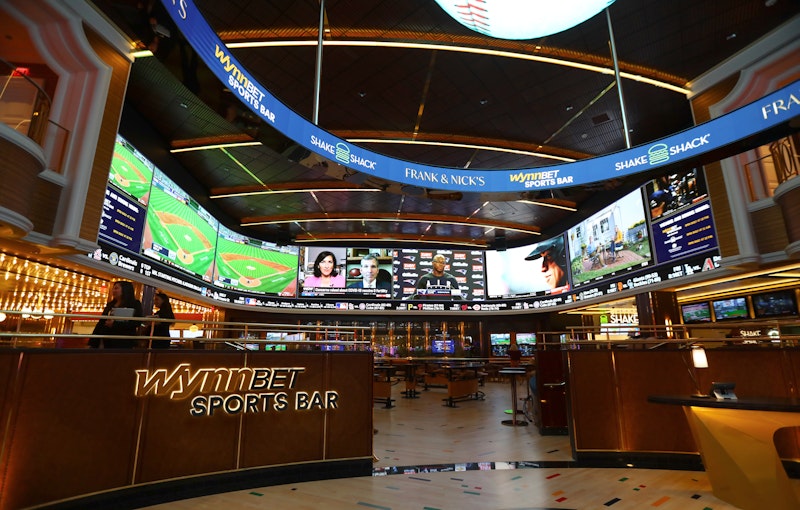Most sports betters lose money—and it’s because they know nothing about it. I oppose sports betting legalization. It’s an industry that exists to make sportsbooks rich at the expense of working people. Yet, making money betting on sports isn’t hard. While I don’t encourage gambling, some people bet regardless, myself included.
Here's some advice. I cobbled together an arbitrage bet on DraftKings on Sunday and made a $2.33 profit on a $110.17 wager. An arbitrage bet is when you find odds set in a way that you can win regardless of the outcome. In this case, I used an odds boost promo offer on the Phoenix Suns-Los Angeles Clippers game. I also made a little over $2 betting on the Boston Red Sox-Los Angeles Angels of Anaheim game the following day, capitalizing on two 25 percent in-game profit boosts. And I won $3.21 betting both sides of the Boston Celtics-Atlanta Hawks playoff game that same night on FanDuel, capitalizing on a profit boost. Plus, I helped a friend make $13.50 using profit boosts on some random MLB game on FanDuel last Saturday. Some people refuse to take guaranteed wins where they exist. They’d rather bet $50 on some pipedream parlay that could potentially win $200, but will most likely result in a $50 loss.
Sportsbooks operate on single-digit percent profit margins. Bettors must do the same. When guaranteed money exists, they should take it, even if it comes in small amounts.
We live in a capitalist country, right? No. We live under corporatism, where big government and big business collude to make the rich richer and fuck everyone else over. That’s why the world’s richest people often own companies that benefit immensely from government subsidies. Yet, markets exist in some industries, and competition can lower prices. That economic philosophy matters in sports betting for a couple of reasons. Big-time professional sports bettors make money by having an edge over the bookmakers.
One of the simplest ways to have an edge is to get the best deal. Most sports bets occur on mobile apps, and the oddsmakers set slightly different odds. If a state has six sportsbooks and the odds vary on an outcome from -125 to -110, you should take the site that gives you -110 odds. That means it takes a $110 bet to win $100 instead of betting $125 to make the same -- a difference of $15.
Odds discrepancies between apps can allow people to place arbitrage bets where they can win regardless of the outcome. If one app gave the Red Sox +115 odds (bet $100 to make $115) to beat the Yankees and another app gave the Yankees -110 odds (bet $110 to make $100) to beat the Sox, one could win no matter who wins the game. They could bet $100 on the Yankees and $88.79 on the Red Sox to guarantee a $2.11 win.
Just because you like a team that doesn’t make them good. Hometown biases cloud people’s judgment and prevent them from making smart bets. People are likelier to bet on their local teams, and sportsbooks capitalize on that by gearing promotions toward betting on their respective games or seasonal outcomes. In March Madness, this bias worked well for Massachusetts residents. They were far more likely to bet on the University of Connecticut Huskies than people from other parts of the country. In this instance, they were fortunate it worked. They might not be so lucky with the Boston Bruins and Boston Celtics in the playoffs this year. If neither wins a championship this season, Bay Staters will lose a lot of money.
Sometimes the best way to win is to admit defeat. Virtually no one wins every bet they take. If people are honest with themselves, they can improve their chances of taking profits long-term. If you take a bet and it washes out, there’s nothing wrong with taking a loss by either cashing their bet out early or hedging the loss with a live, in-game bet on the opposite outcome. People will not receive much money back if they cash out a losing bet during a game—and comebacks happen.

